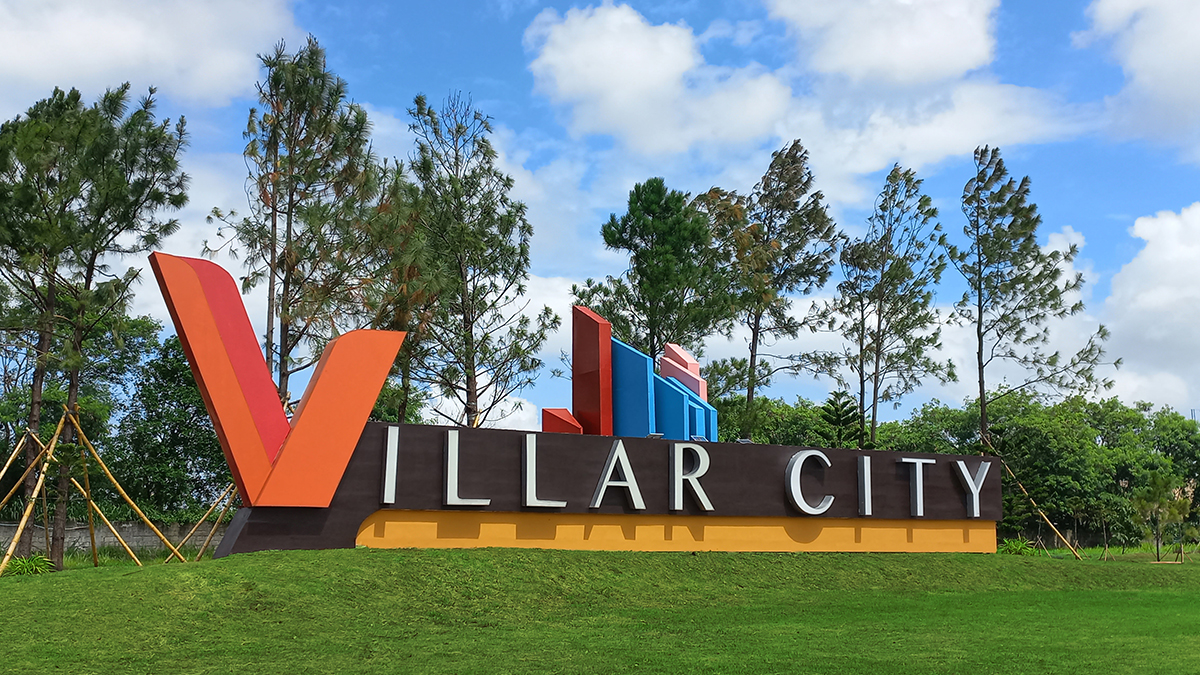
Investing for the Future
It looks like the economic lull brought about by the pandemic will take a bit longer than expected. As we adapt to the “new normal,” we should use this pause to strengthen our infrastructure and increase our public investments to ensure we are in the best position to rebound from the crisis.
I share the optimism of Bangko Sentral ng Pilipinas Governor Benjamin Diokno, who said the Philippines may become an “economic champion” once the pandemic is over, so long as we pursue more reforms in tandem with the “Build, Build, Build” infrastructure program.
Governor Diokno’s statement jibes with the International Monetary Fund’s position that public investment should play a “central role” in supporting the economic recovery from the coronavirus downturn.
The IMF has advised countries to revive delayed infrastructure projects and build new ones to help in the recovery efforts. “Public investment can provide that support to economic activity and job creation that is needed,” Paolo Mauro, head of the IMF’s fiscal affairs department, was quoted as saying.
According to the IMF’s estimate, raising public investment by 1 percent of the gross domestic product could generate between 2 and 3 million jobs in the European Union, and nearly 2 million jobs in the United States. I guess the figure could be higher in a developing country like the Philippines, where construction is more labor-intensive.
The fund also estimates that every $1 million spent on traditional infrastructure creates two to eight jobs. More importantly, public investment encourages the private sector to also invest. The IMF says hiking public investment by 1 percent of the GDP bolsters private investment by 10 percent, employment by 1.2 percent and GDP by 2.7 percent.
In the Philippines, the government is leading the way toward economic recovery, as many private companies, especially micro, small and medium enterprises, are struggling to remain afloat.
The Department of Public Works and Highways, led by Secretary Mark Villar, is aggressively building roads, bridges, schools and health-care facilities, keeping thousands of construction workers employed. The agency is in charge of putting up quarantine/isolation facilities to address the urgent need for medical facilities amid the pandemic.
It is building a pop-up hospital at the Lung Center of the Philippines in Quezon City. The 16-bed modular hospital is being put up by the DPWH Task Force to facilitate the augmentation of local and national health facilities and support the demand for health-care services at the Lung Center.
The DPWH is also actively supporting public-private infrastructure projects, such as the Skyway Stage 3, Metro Rail Transit Line 7 and North Luzon Expressway extension, which, when completed by next year, would significantly ease traffic congestion in Metro Manila.
Meanwhile, a big chunk of the proposed 2021 national government budget amounting to P4.5 trillion would go to public investments that aim to create 1.6 million jobs. It allocates P1.12 trillion for infrastructure projects to ensure continuous job creation, according to the National Economic and Development Authority.
These public investments would make up for the massive job losses in the private sector. The Department of Trade and Industry estimates that about 6 percent of companies in the Philippines have not yet resumed operations since the community quarantine was imposed in mid-March. Small businesses are particularly vulnerable given their limited cash. The Employers Confederation of the Philippines estimates that 90 percent of the businesses in the country are micro-enterprises that absorb 60 percent of all employees.
A survey was undertaken by the World Bank in collaboration with the Department of Finance and Neda in July, meanwhile, shows companies incurred more than 60-percent reduction in sales between April and July. The online survey was conducted from July 7 to 14 among 74,031 companies across the regions.
“Reported sales revenue has gone down by 64 percent on average between April and July 2020, with 89 percent of firms reporting a continued reduction in sales. This was in addition to already significant loss by 65 percent experienced in March 2020 compared to February 2020, with 75 percent of firms reporting a reduction in sales,” the survey said.
Three-quarters of the companies surveyed reported a decrease in demand, with 1 in 3 of them experiencing a decline by more than 50 percent because of the temporary mobility restriction.
Fortunately, positive signs have recently emerged to show that recovery is underway, as more people returned to work following the easing of quarantine restrictions in Metro Manila.
The relaxation of quarantine restrictions has started to yield encouraging results, as reflected in the recent growth of electricity demand, factory output, and merchandise trade. The inflation rate remains manageable at 2.3 percent as of September, because of the strong peso and the adequate supply of essential commodities.
To sustain these gains, we should continue to open up the economy, while observing health protocols and striking a balance between saving lives and protecting jobs. To prepare for an economic rebound, we should boost public investments and encourage the private sector to follow suit.
Source:






